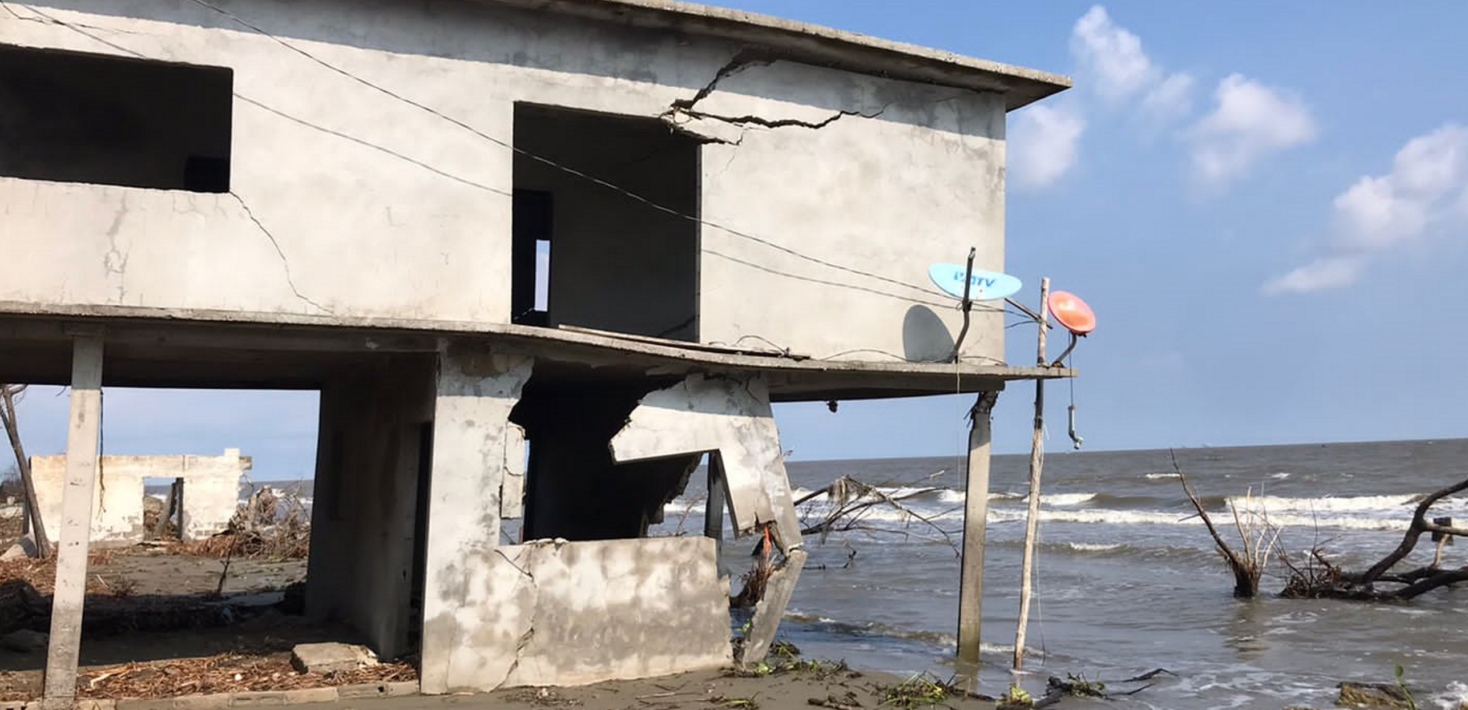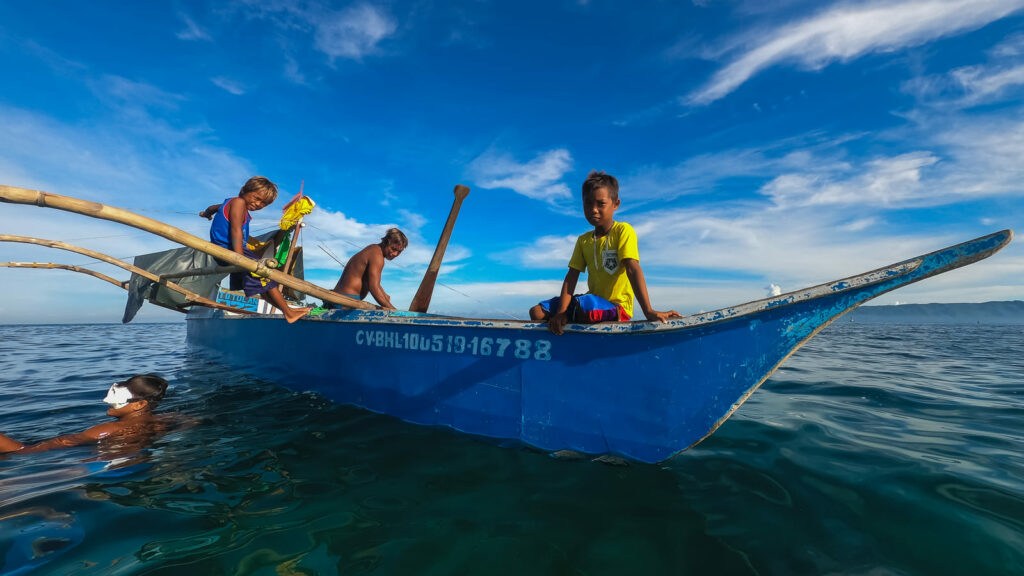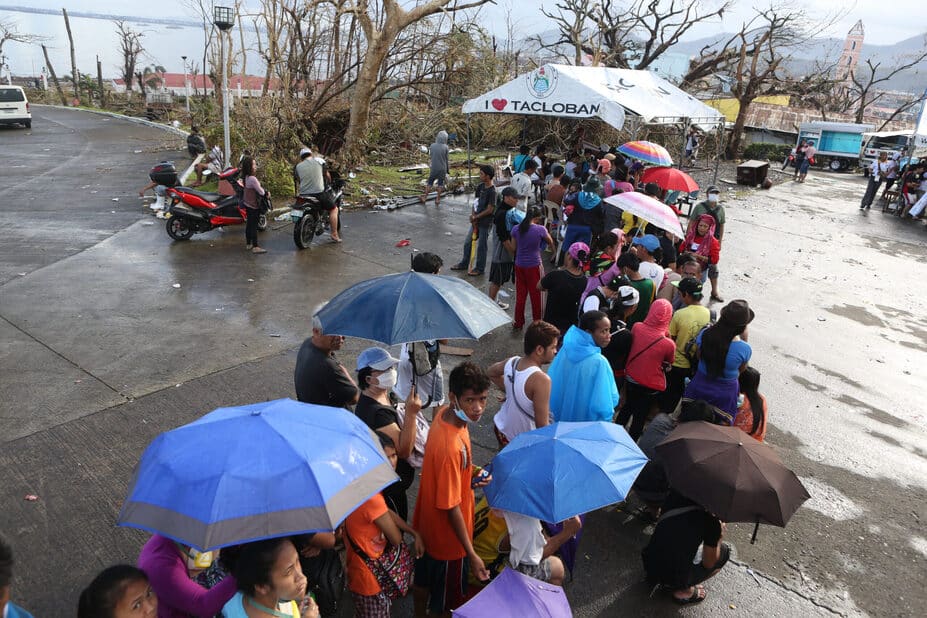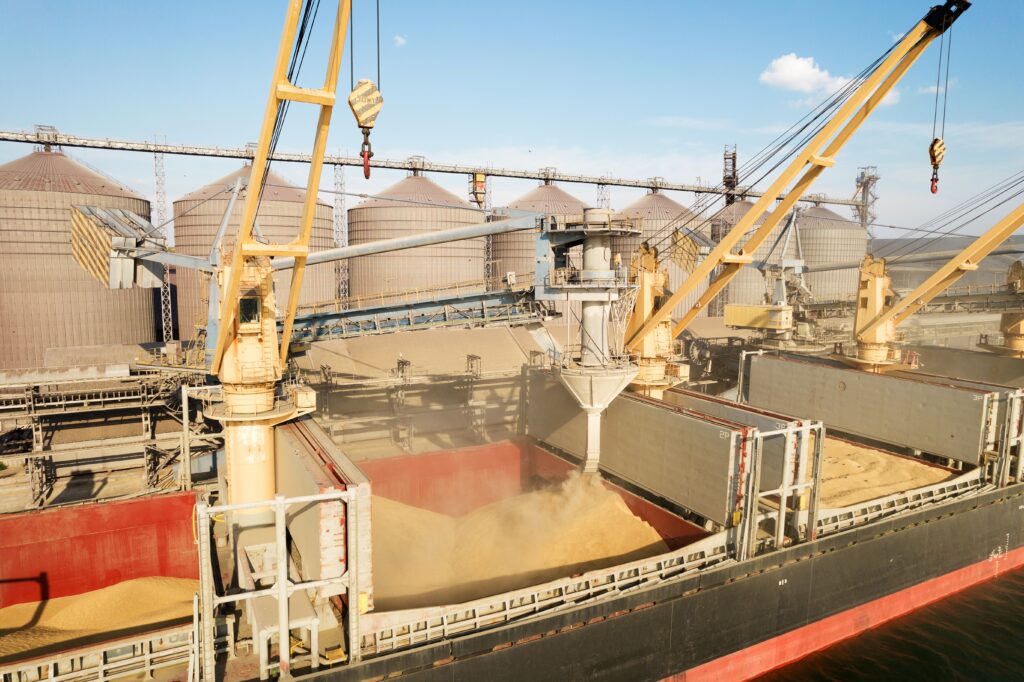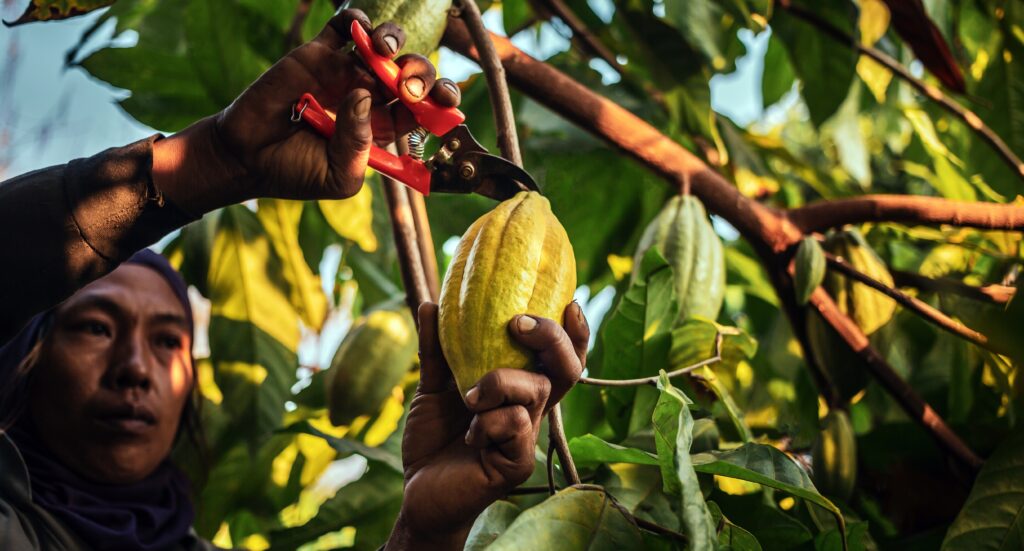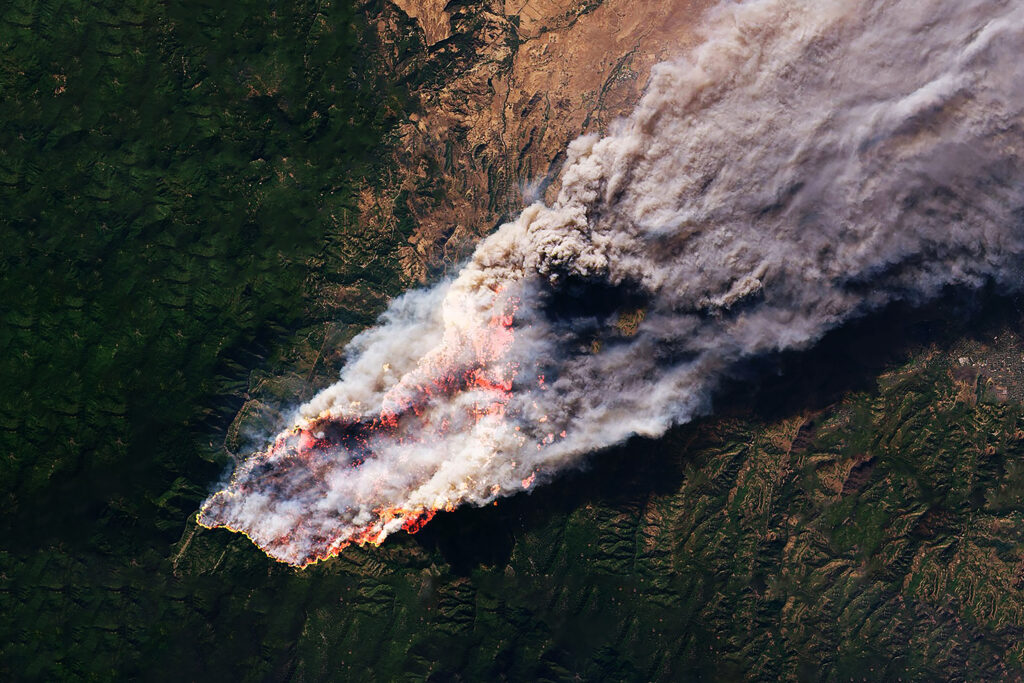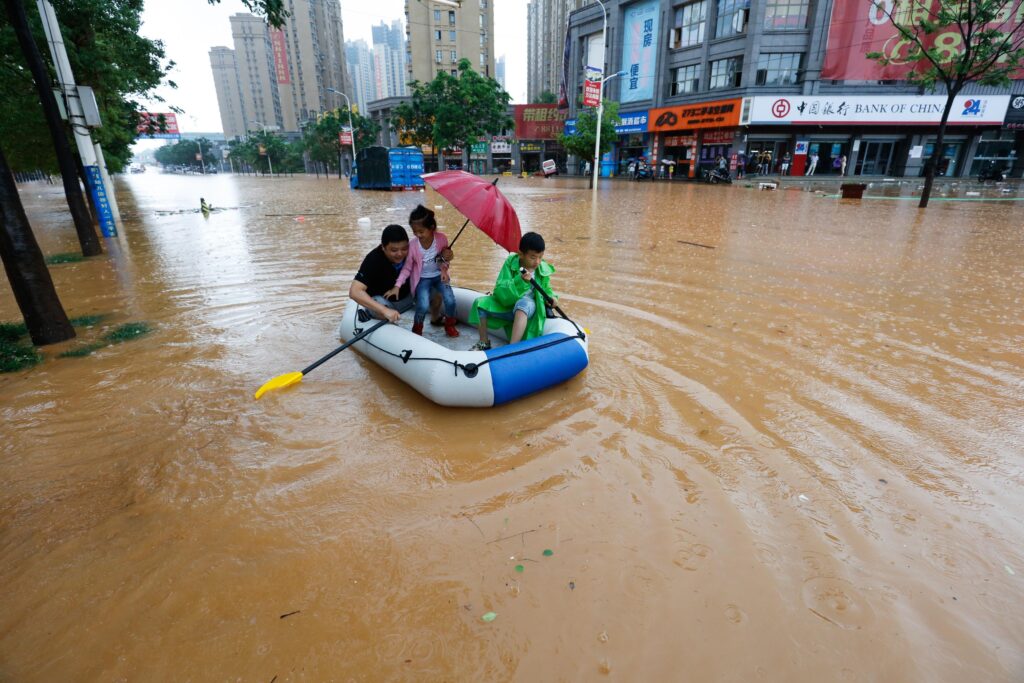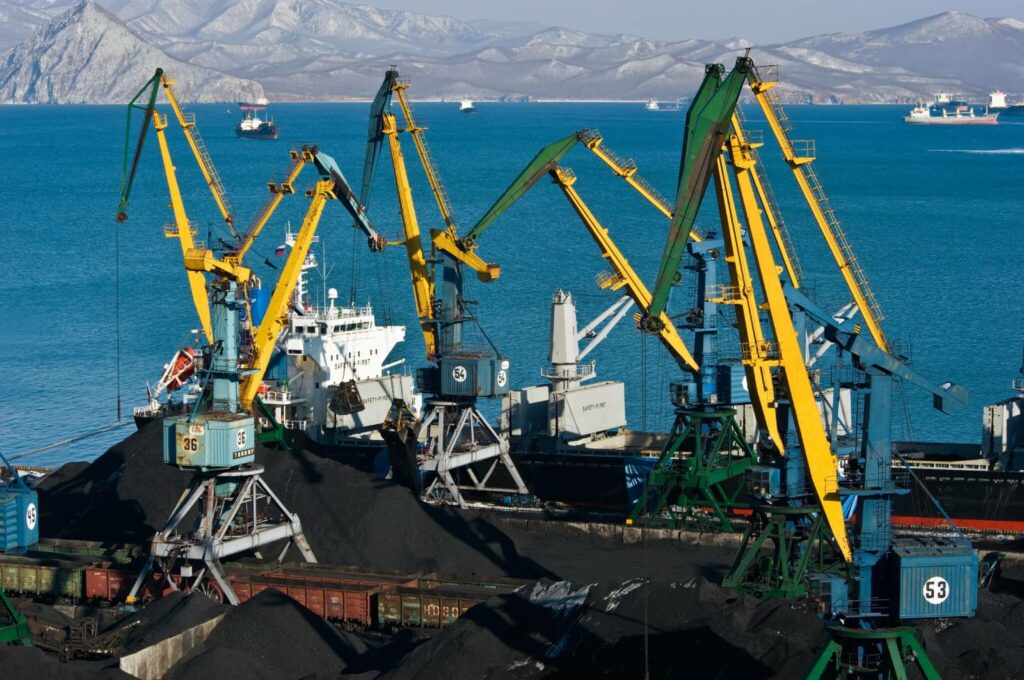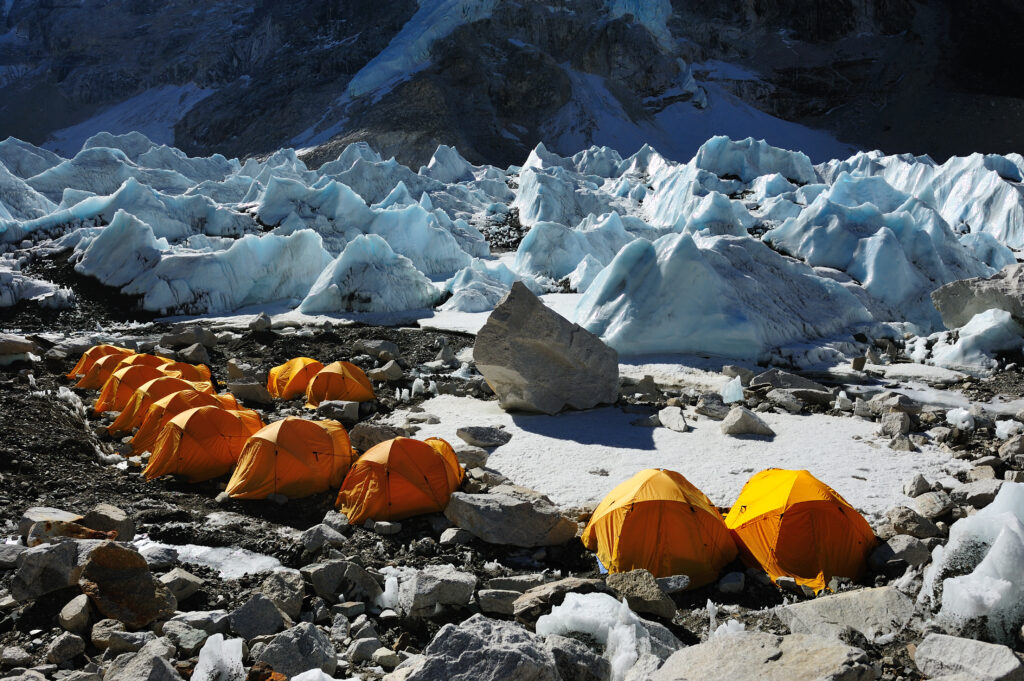Climate Change in Mexico 2024
Climate change in Mexico is a genuine concern for the country’s growing population and environment. Due to its location between the Pacific and Atlantic Oceans and its latitude along the equator, the country is highly vulnerable to changing weather patterns – a leading impact of climate change.
The country is home to over 60% of the world’s biological diversity and has the 12th largest forest area. Climate change in Mexico threatens this large carbon sink. Additionally, the country’s massive wealth gap creates a large at-risk population. The bottom 50% of the population accounts for -0.3% of the country’s wealth, meaning it has more debts than assets. This group will struggle to adapt.
As Latin America’s second-largest economy and greenhouse gas emitter, robust climate change adaptation and mitigation strategies are crucial for its future. However, existing strategies remain inadequate, and recent legislative rollbacks in climate-related policies are a significant concern for the Latin America region and the world.
How Is Mexico Being Affected by Climate Change?
Changing Weather Patterns
Mexico’s climate is diverse, with the north and central portions being dry and the southern portion more humid. Climate crisis is already affecting both climate regions.
While total annual rainfall has remained relatively stable, the seasons are becoming more extreme. Droughts last longer and extreme rain events are more common. For example, Mexico has been experiencing increasingly severe droughts over the last five years. September 2023 was the driest since 1941. As a result, 80% of Mexico is now ranked as having “high” or “extremely high” water stress.
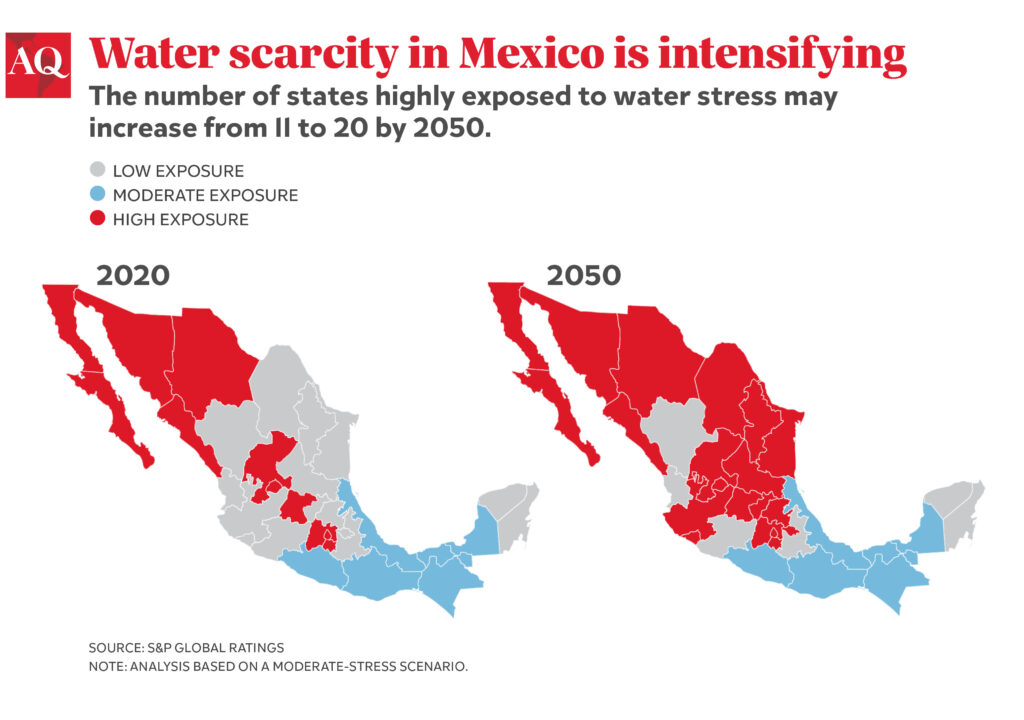
Long-term climate projections show droughts will continue to become more severe and common. Average rainfall is set to decline by 4.65% by 2050.
Rising Temperatures
Along with precipitation, average temperatures are steadily rising. Between 1971 and 2020, the country’s mean temperature rose around 0.31oC per decade. This will continue to intensify over the next century, reaching a 1.63oC increase by 2059.
This will result in many regions exhibiting different climate characteristics from today, a major risk for existing ecosystems and populations.
Sea Level Rise and Rising Ocean Temperatures
Oceans are already rising and warming around the globe. On the east coast, the Gulf of Mexico is rising three times faster than the global average. Projections show up to a 26-cm rise by 2050 and a 51-centimetre rise by 2099. Already, several towns have been displaced due to this impact.
Additionally, ocean temperatures are showing a similar trend. The Gulf of Mexico increased by 1oC between 1970 and 2020, twice as fast as the global average.
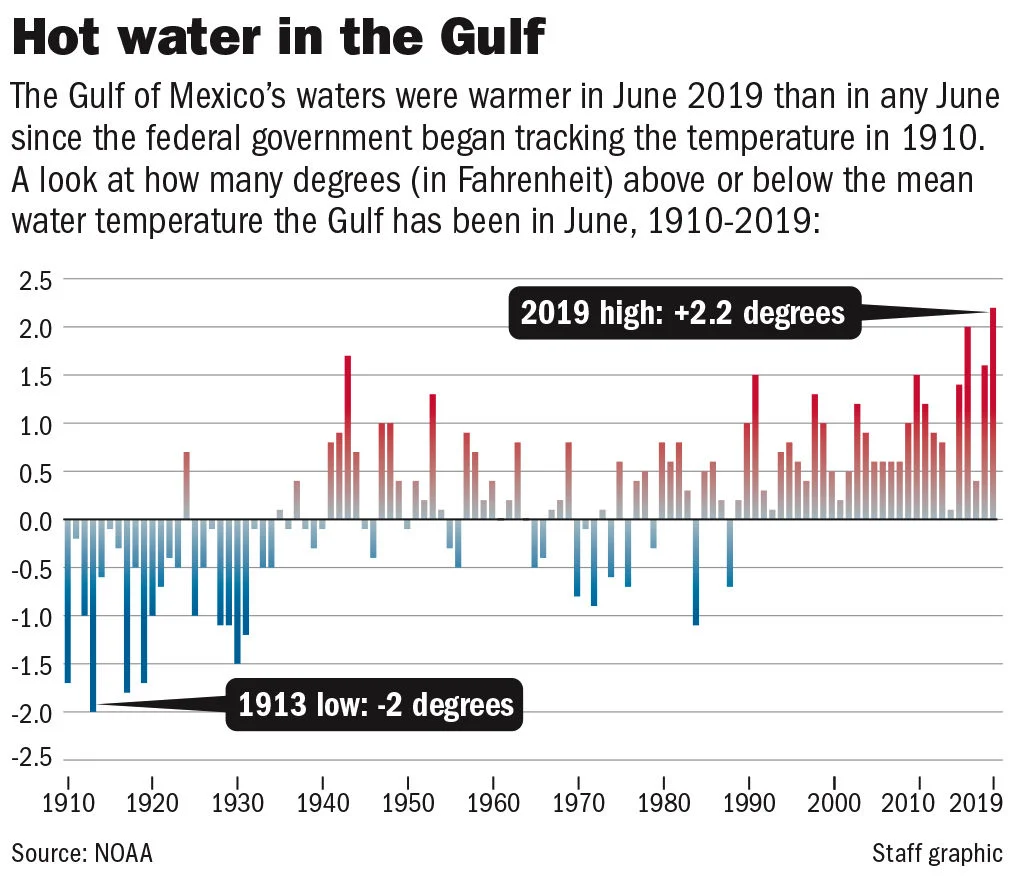
Extreme Weather Events
Mexico sees an average of 24 tropical storms and hurricanes annually. Additionally, studies show that hurricanes are transitioning from tropical storms to Category 5 hurricanes much faster than any period of record due to higher ocean temperatures.
The increased strength of these storms results in greater destruction to infrastructure and longer recovery periods for affected areas. As ocean temperatures continue to rise, this trend will create up to a 52% increase in tropical storm-related deaths.
Impacts of Climate Change on Society and the Environment
The impact of these climate change-related shifts will be devastating for Mexico. It will span the entire country with climate impacts that can profoundly alter Mexican residents’ lives.
Impacts on People
The social implications of climate change in Mexico will be widespread. Increased temperatures and altered weather patterns exacerbate public health issues, such as heat-related illnesses, diseases transmitted through water and insects and storm-related damage.
The World Health Organisation estimates that climate change will cause an additional 250,000 deaths annually due to health-related issues. For example, the number of cases of dengue fever rose from 5,220 in 2003 to 40,559 in 2007. Researchers found that cases of dengue rose at a rate of 4.4% with each 1oC increase in average temperature.
Additionally, water scarcity and extreme weather events will make regions less hospitable and force populations to migrate, disrupting lives and increasing vulnerability to poverty. The displacement often leads to crowded living conditions, exacerbating health risks and access to services.
Impacts on Nature
Mexico’s diverse ecosystems, such as cloud forests and coral reefs, are susceptible to climate variability. Warming oceans have resulted in coral bleaching events in the Mesoamerican Barrier Reef, which have decreased fish populations and affected the fishing industry. Estimates show a 17% decline in fish catch by 2050. Additionally, it will have a major effect on tourism, a similar trend seen in many tropical reef locations.
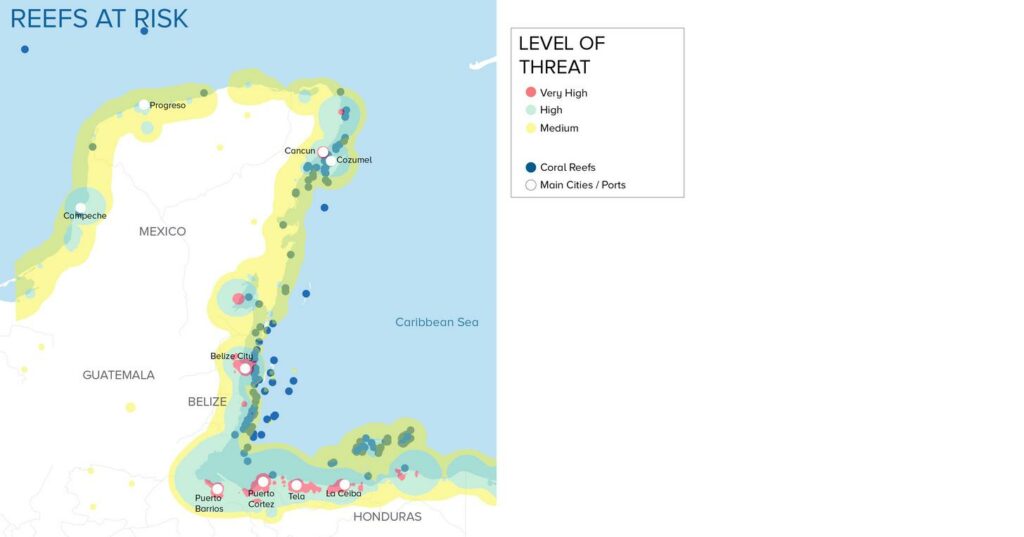
On land, increased temperatures and changing precipitation patterns threaten endemic species with restricted ranges of habitat, leading to potential extinction if they cannot adapt or migrate. Forest areas, crucial for carbon capture, are also at risk from higher temperatures and altered rainfall patterns, increasing the frequency and intensity of wildfires.
Impacts on the Economy
The economic cost of climate change is estimated at 5-20% of the annual global GDP by 2100. Two key sectors that will be affected are agricultural sector and tourism.
Agriculture faces significant challenges due to unpredictability in weather patterns, affecting staple crops like maize, which is sensitive to temperature changes. By the end of the century, yields for major crops will decline up to 59%, leading to economic losses of over USD 37 million annually. This will exacerbate food accessibility issues for the 42% of the country that already experiences food insecurity.
Tourism, particularly in coastal regions, suffers from coastal erosion and infrastructure damage due to rising sea levels and extreme weather events. This will discourage visitors and affect the 10 million people working in the tourism industry.
Strengthening Policy to Reduce Greenhouse Gas Emissions and Combat Climate Change in Mexico
The economic and social cost of inaction on climate change in Mexico is devastating. However, current policy measures are insufficient to address the scale and scope of these challenges. The country’s most recent Nationally Determined Contribution (NDC) steps backwards, allowing for higher emissions than their 2016 NDC. Furthermore, it is the only G20 country without a net-zero goal.
Mexico must enhance both its adaptation and mitigation strategies and foster renewable energy. Strengthening climate policy will be crucial in safeguarding the country’s environment, society and economy against the ongoing threat of climate change.
Eric Koons
Writer, United States
Eric is a passionate environmental advocate that believes renewable energy is a key piece in meeting the world’s growing energy demands. He received an environmental science degree from the University of California and has worked to promote environmentally and socially sustainable practices since. Eric has worked with leading environmental organisations, such as World Resources Institute and Hitachi ABB Power Grids.
Eric is a passionate environmental advocate that believes renewable energy is a key piece in meeting the world’s growing energy demands. He received an environmental science degree from the University of California and has worked to promote environmentally and socially sustainable practices since. Eric has worked with leading environmental organisations, such as World Resources Institute and Hitachi ABB Power Grids.

